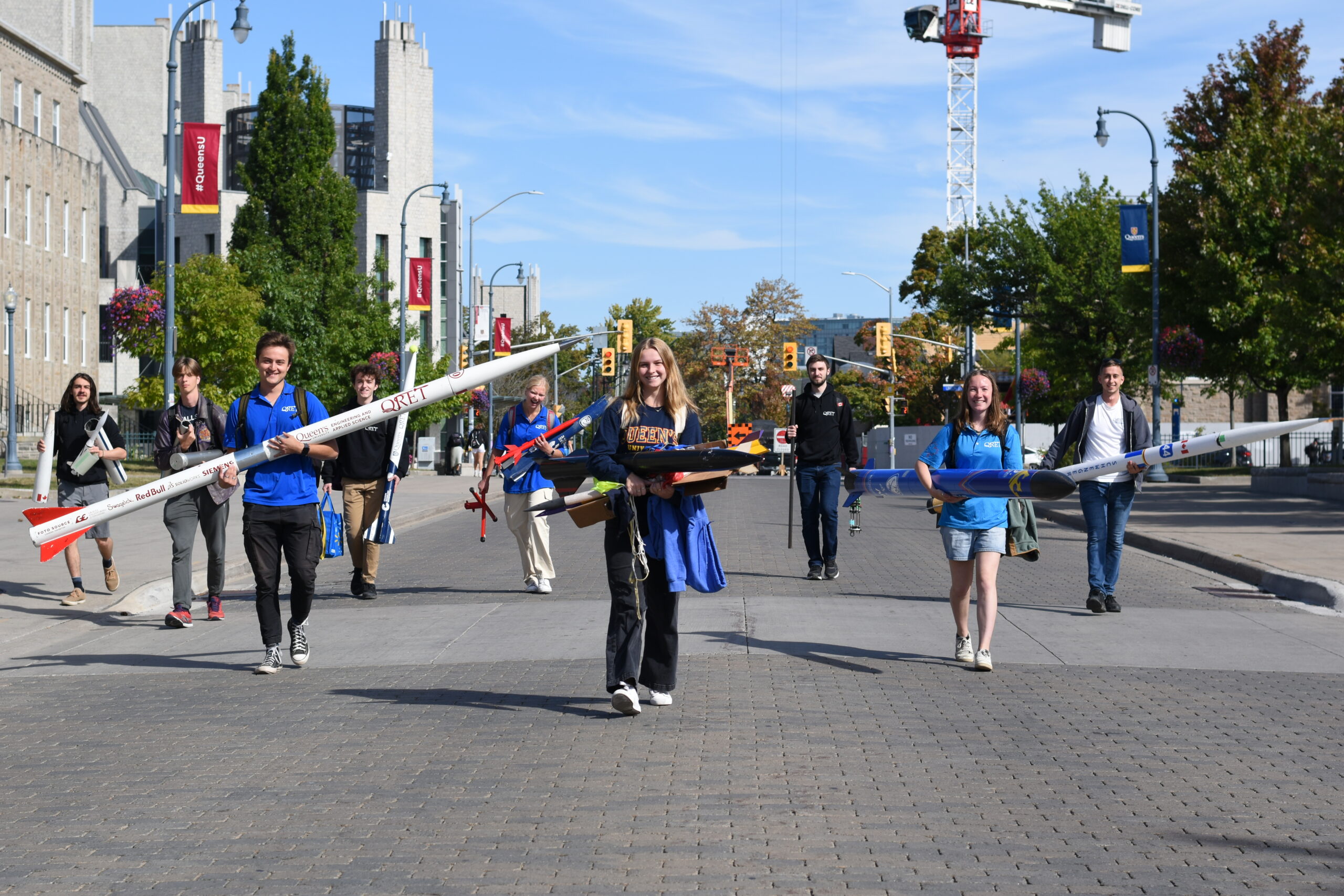

Who are we?
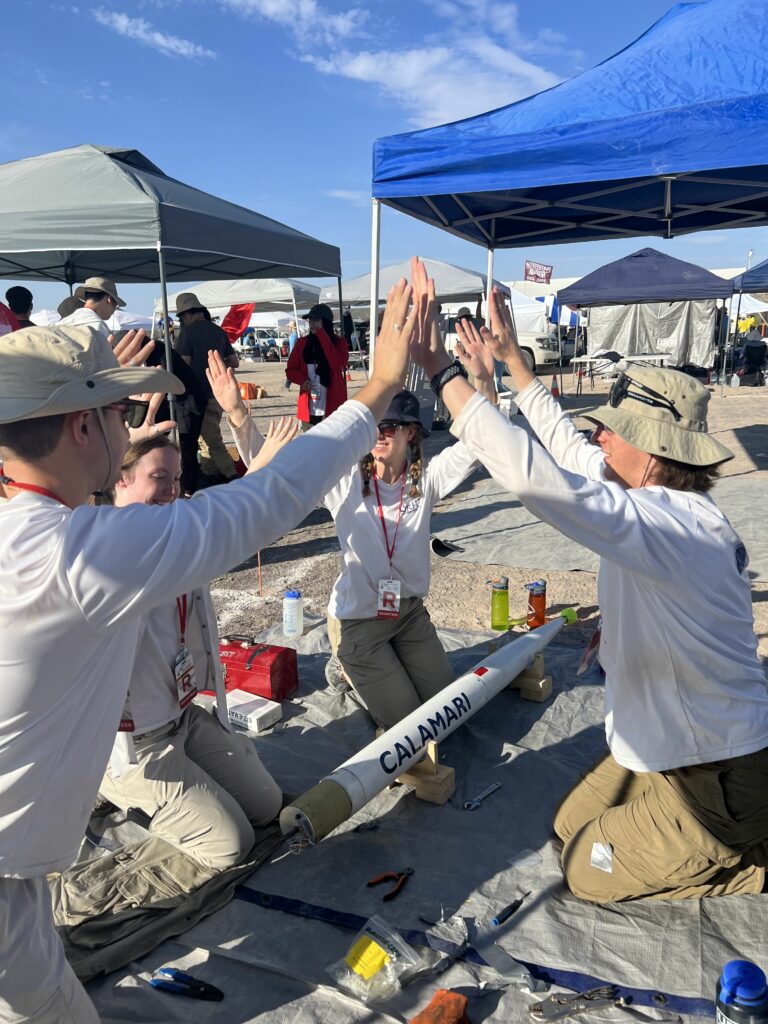
We’re a diverse team of undergraduate students with a burning (ha, get it?) passion for rocketry and all things space. Every year, we collaborate to design, build, test, and launch a rocket up to 30,000ft to compete with schools across the world. Our goal is not only to launch and safely recover our rocket, but provide every member on this team the opportunity to learn about rocketry, space systems design, and engineering, all while meeting friends, developing industry-transferrable skills, and working on an incredible cross-disciplinary project.
For students: By joining this team, you can expect to learn real industry-applicable skills in several areas of engineering, including CAD, FEA simulations, Python, C/C++, circuit analysis and design, soldering, composite materials, machining, project management, and many many more. If any of these sound useful or exciting to you, sign up here.
For sponsors/alumni: Building a better rocket each year is no easy feat, and we work tirelessly to make it happen. One of our biggest sources of support is our generous sponsors and alumni, without whom any of this would be impossible. To learn how to support the team or to stay updated with our progress, check out our donation page.
Team Highlights
1st Place
Launch Canada 2023 – Basic Category
177,000ft
Total Flight Distance since 2018
Mach 1.9
Top Speed
Current members/alumni of the team have went on to many of the top companies, graduate schools, and fellowships in aerospace:
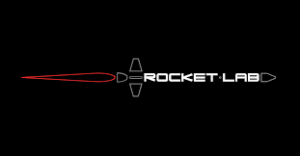
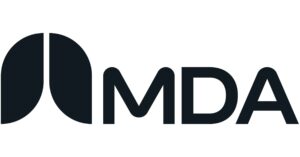



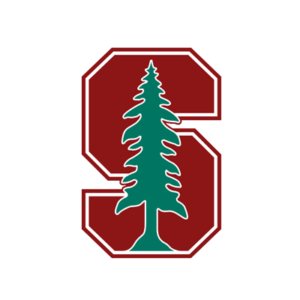
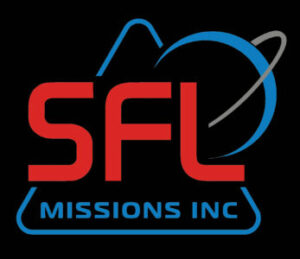
Missions
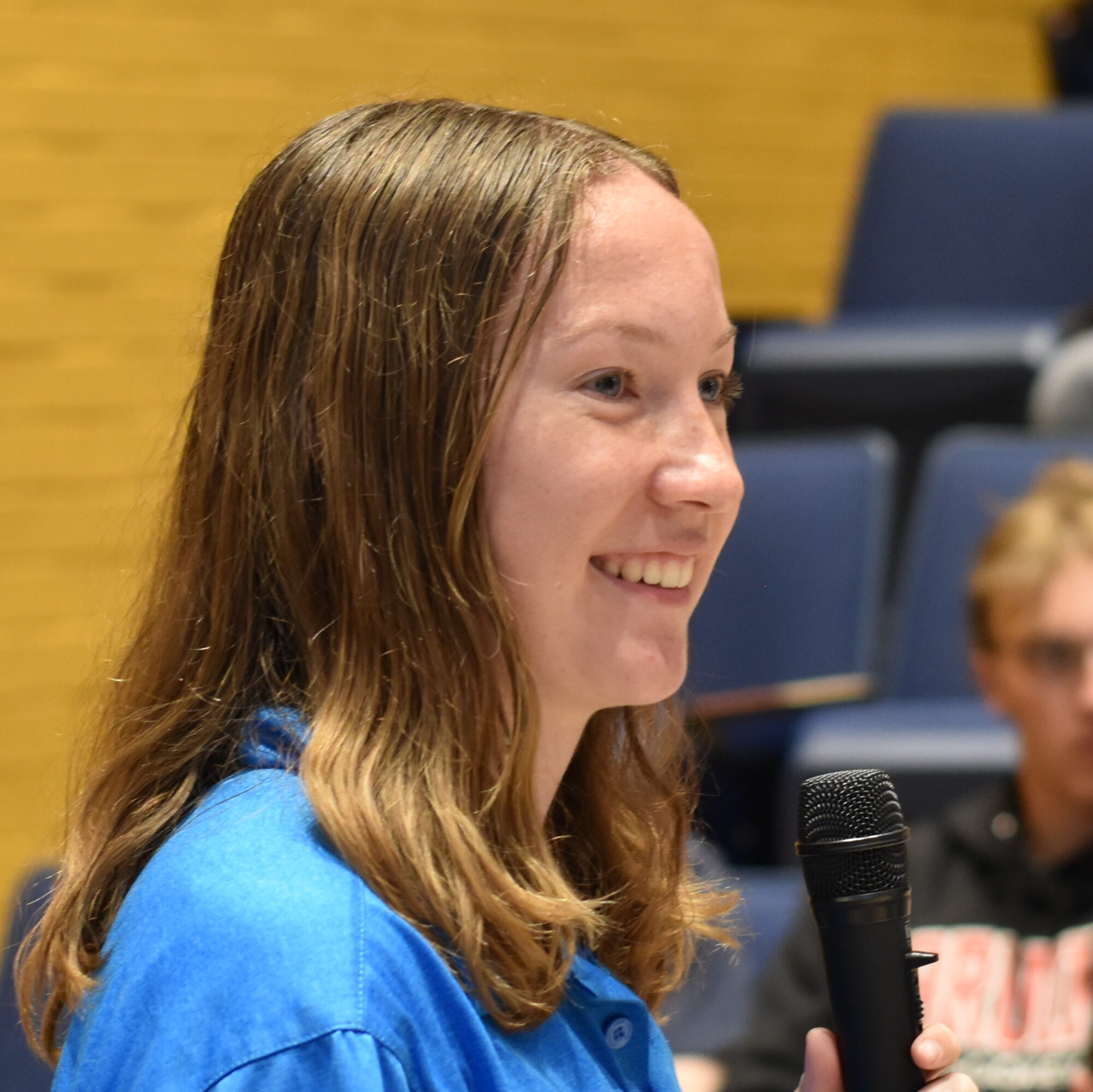
“My most memorable experience was participating in my first competition after first year. Despite being one of the less-experienced members of the team, I was still very involved in the project. I learned so much about problem solving and what it takes to launch a rocket.”
— Melanie, President, 5th Year ENPH
Contact
Email: [email protected]
Address: 45 Union St, Room 115C/D, Kingston, ON
Social Media:
